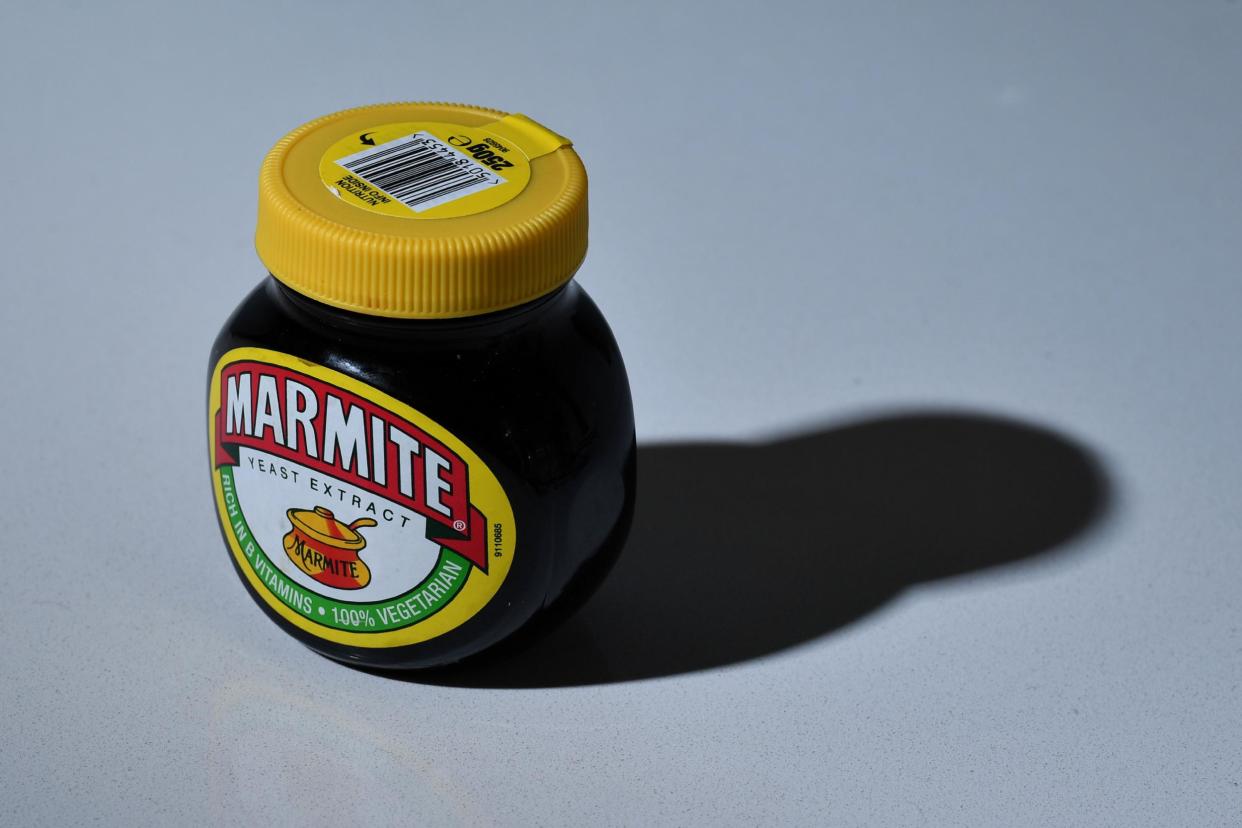Jim Armitage: Dutch move isn't Marmite — nearly everyone hates it

Unilever's finance boss Graeme Pitkethly has star quality. Funny, outspoken and persuasive, he’s destined for a CEO’s job one day.
It says a lot, then, that even he can’t convince UK investors he’s right to move the Dove soaps giant’s HQ to Holland.
His claims today that more shareholders overall will benefit from a move to Rotterdam simply don’t hold water.
Many British shareholders, who like the idea of investing in an overwhelmingly British business, will be unable to do so under this rotten plan. Unilever will fall out of the FTSE 100 and they won’t be allowed to hold the stock. Surprise surprise, they aren’t happy.
Pitkethly today blames the FTSE organisers for refusing to bend the rules and allow it to remain even after it quits London. Unilever certainly pulled out the stops in its lobbying efforts. I hear that, when its executives met the secret committee that decides such things, they gave them all customised Marmite jars emblazoned with the word “FTSE”.
But to no avail.
There is a strong argument that FTSE should have agreed to keep Unilever in the index, what with Brexit already damaging Britain’s commercial standing in the world.
FTSE was never likely to be swayed, though. Particularly after its experience with British Airways. The whisper is that when BA merged with Spain’s Iberia to become IAG, it hinted to the FTSE that it would shrink its Madrid base, only to renege on that later. IAG retained its place in the index. Naughty, if true.
Anyway, Unilever knew from the start that it would almost certainly be kicked off, so for Pitkethly to complain now is a little rich.
Oh-so-ethical Unilever — always keen to parade its cuddly credentials — is shocked at the volume of opposition to its move.
Not only from a patriotic media, but from shareholders who really matter. Aviva, Threadneedle, Lindsell Train — all supportive, long-term investors — are howling.
Brand Unilever is being hurt by this ill-thought-through plan.
It’s not too late to reconsider.
Fending off Kraft was the right move
Unilever’s shareholders might feel less peeved had they not loyally supported its defence against last year’s takeover attack by Kraft.
Perhaps we backed the wrong horse, they might say. Absolutely not. Kraft’s philosophy of stripping out costs and buying growth through takeovers has unravelled dramatically.
Its shares have crashed 42% since those heady days, while Unilever’s have jumped 36%, far outstripping the 18% premium Kraft was offering.
Other well-run consumer goods groups — P&G, Reckitt and the likes — are also up or broadly flat. Kraft’s shares reflect its poor trading; profits are rising as it squeezes costs, but sales have been falling.
The lesson is clear: brands need long-term investment and nurturing. Slash them for a short-term boost and you’ll suffer.

 Yahoo News
Yahoo News 
